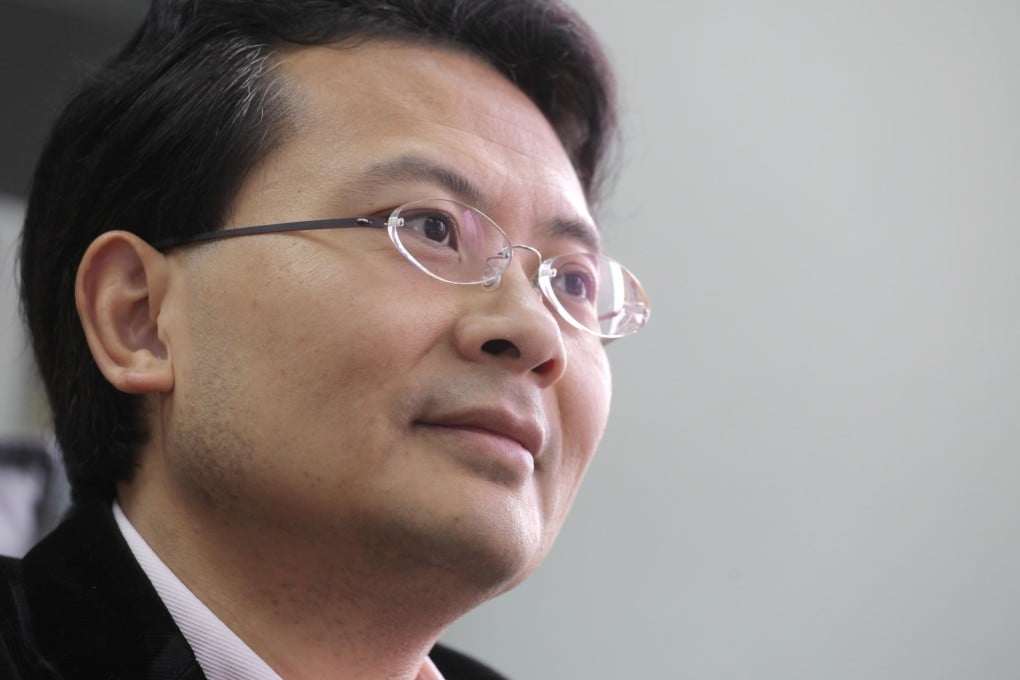Local NPC delegates take stock after first year
A year after being elected to the National People's Congress, local deputy Brave Chan Yung has a short list of achievements. The 44-year-old social worker said that while he was pleased that mainland authorities seemed to be paying attention to the development of social services there, he was dissatisfied with the paltry progress in ending a monopoly that has pushed up meat prices.

A year after being elected to the National People's Congress, local deputy Brave Chan Yung has a short list of achievements.
The 44-year-old social worker said that while he was pleased that mainland authorities seemed to be paying attention to the development of social services there, he was dissatisfied with the paltry progress in ending a monopoly that has pushed up meat prices.
Chan said he was also dissatisfied that heavy air pollution persisted in the capital, despite his recommendations to cut emissions and improve public transport. He said he would follow up on these issues starting tomorrow, when he attended the national legislature's annual session in Beijing.
Chan's first-year experience highlights a dilemma that local deputies have faced for years. In theory, the representatives play an important role in national matters, as the NPC has the power to amend the constitution and oversee its enforcement, enact and amend laws, and determine key state issues. In reality, the deputies are perceived by some Hongkongers and academics as rubber stamps.
Debate about the deputies' role stems partly from the way they were elected.
The Hong Kong legislature is partly chosen through direct election. But that's not the case with the local NPC deputies. In 2012, they were elected by just 1,620 voters, mostly mainlanders who were on the Election Committee that picked Chief Executive Leung Chun-ying in 2012.